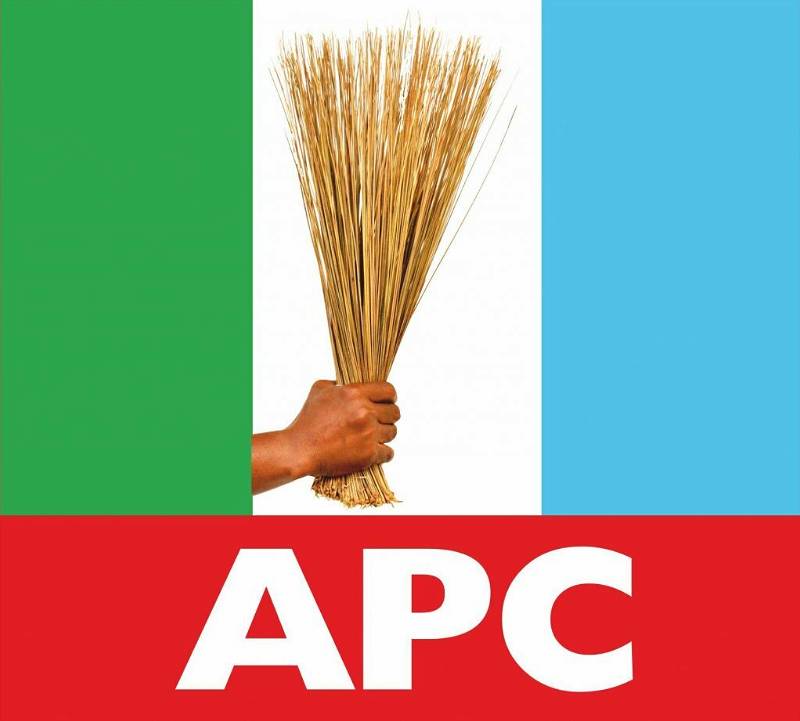European Union leaders will decide on Thursday to prolong until the end of January 2020 economic sanctions against Russia over the turmoil in Ukraine and call on Moscow to help bring to justice those guilty of shooting down a passenger plane there in 2014.
The EU slapped sanctions on Russia after Moscow annexed Crimea from Ukraine in March 2014 and went on to support rebels fighting Kiev troops in the east of the country.
That conflict, which killed 13,000 people, is still simmering.
The downing there in July 2014 of a Malaysian passenger plane marked another turning point for the EU’s response to the crisis. All 298 people aboard, many of them Dutch, perished.
A Dutch-led international team tasked with assigning criminal responsibility on Wednesday said three Russians and a Ukrainian will face murder charges for bringing down the MH17 flight.
EU leaders meeting in Brussels on Thursday will express “full support for all efforts to establish truth, justice and accountability for the victims and their next of kin,” according to their draft joint statement seen by Reuters.
They will call “on Russia to cooperate fully with the ongoing investigation.”
The EU’s economic sanctions against Moscow over Ukraine include curbs on Russian energy, defence and financial sectors and are currently in place until the end of July.
The bloc will also express “its utmost concern” about President Vladimir Putin’s decree allowing Ukrainians in the troubled east to get Russian passports under simplified procedures.
The EU’s Russia hawks Poland and Lithuania are among those pushing to extend the bloc’s punitive measures against Moscow over the passport issue.
But any new EU sanctions would require unanimity among all the 28 national leaders of the bloc and no new sanctions are expected swiftly as most others – including Italy, Germany and France – are opposed.
The leaders will, however, say on Thursday that the bloc “stands ready to consider further options, including non-recognition of Russian passports” issued in east Ukraine which undermine the peace process. (Reuters/NAN)



